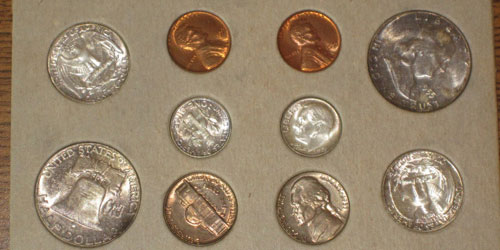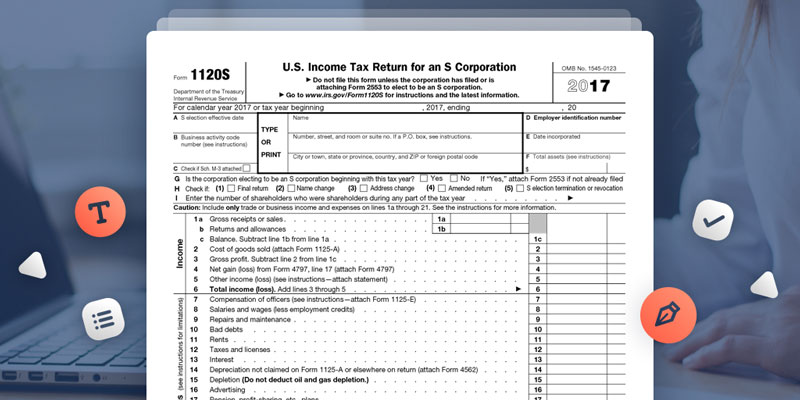During an insurance grace period, a policyholder can make a premium payment without their coverage expiring after the due date. The grace period might vary depending on the insurance company and policy type. Depending on the insurance contract, the grace period might range from 24 hours to 30 days. It is specified in the insurance policy contract how much time is allowed as part of the policy's grace period. The insurance company may charge a late payment penalty if you fail to make your payment by the due date.
How a Grace Period in Insurance Works
There are grace periods in insurance policies that prevent policyholders from losing coverage if they miss a premium payment. States are in charge of determining the length of insurance grace periods for various policy types. To avoid a situation where they haven't received a premium payment but must still pay for damages, insurance firms want the insurance grace period to be as short as feasible. When the insurance grace period is in place, the insurer is liable to pay any providers the policyholder uses for services.
Grace Periods in Insurance: The Value They Provide

A grace period will keep you covered if you miss a payment on your insurance policy. As long as the insurance grace period exists, the policy is completely operational. After that grace period, your insurance coverage will be cancelled if you don't pay your payment. What if you don't have insurance for a few days? Is it such a huge deal?
Isn't it possible to just let your insurance lapse and acquire a new one? The issue, though, is a little more complicated. For a developing organization, "claims-made" products like directors and officers insurance, errors and omissions insurance, cyber liability insurance and EPLI coverage are critical.
Types of Insurance Grace Periods

Many types of insurance plans, such as the following, have a grace period for policyholders:
- Life insurance
- Insurance for your home
- Condo insurance
- Vehicle insurance
- Health insurance
Ensure that you are aware of any grace periods in your policy before utilizing it. Even within the same insurance provider, the duration might differ. Depending on the policy, you may not be able to get a grace period.
COBRA Health Insurance Grace Periods
If you have COBRA health insurance, your insurer is required to grant you a 30-day grace period for making monthly payments. However, if you pay your premium within the grace period, your coverage will be reinstated retroactively to the payment due date. You might lose all of your entitlements if you fail to pay your COBRA payment during the grace period.
Affordability and Access to Health Care Act
If you have a Marketplace plan, are eligible for advance payments of both the Premium Tax Credit, and have made at least one premium during the benefit year, your health insurance may grant you a time window of up to 90 days under the Affordable Care Act. If you don't qualify for payment of the Premium Tax Credit, your grace period may be shorter.
Is There a Penalty For This?
If you fail to pay before the due date, you may be subject to a late fee if you pay during the grace period. If you are a chronic late payer, your insurance provider may raise your premiums at renewal. Your policy may be terminated if you fail to pay your insurance premiums within the grace period. If you experience a loss or an accident, you may have to pay out of your cash if you don't have insurance. Other insurers may turn you down for coverage depending on their underwriting rules. Applying for new coverage may result in higher premiums.
Affordability and Affordability Act Penalties
If you get Marketplace health insurance via the Affordable Care Act, your grace period remains in force even if you make future monthly payments on schedule. Your health insurance coverage will expire at the end of October if you don't pay your August payment during the 90-day grace period and then pay your September and October premiums. You would lose your insurance coverage as of August 31. You may have to reimburse your health insurance for any payments it made in September and October.
Example Of An Insurance Grace Period
If you live in a region prone to flooding, you may want to consider purchasing flood insurance for your property. If the homeowner fails to pay the policy's annual premium before April 1, they will lose their insurance coverage for another year. On March 28, the homeowner makes a check but forgets to mail it until April 3. Damage to the basement was extensive on April 4, when a flood occurred. The insurance company might think the policy lapsed on April 2 and not cover any water damage if it did not have an insurance grace period. Depending on the policy's grace period, flood damage would be covered up to April 3.




